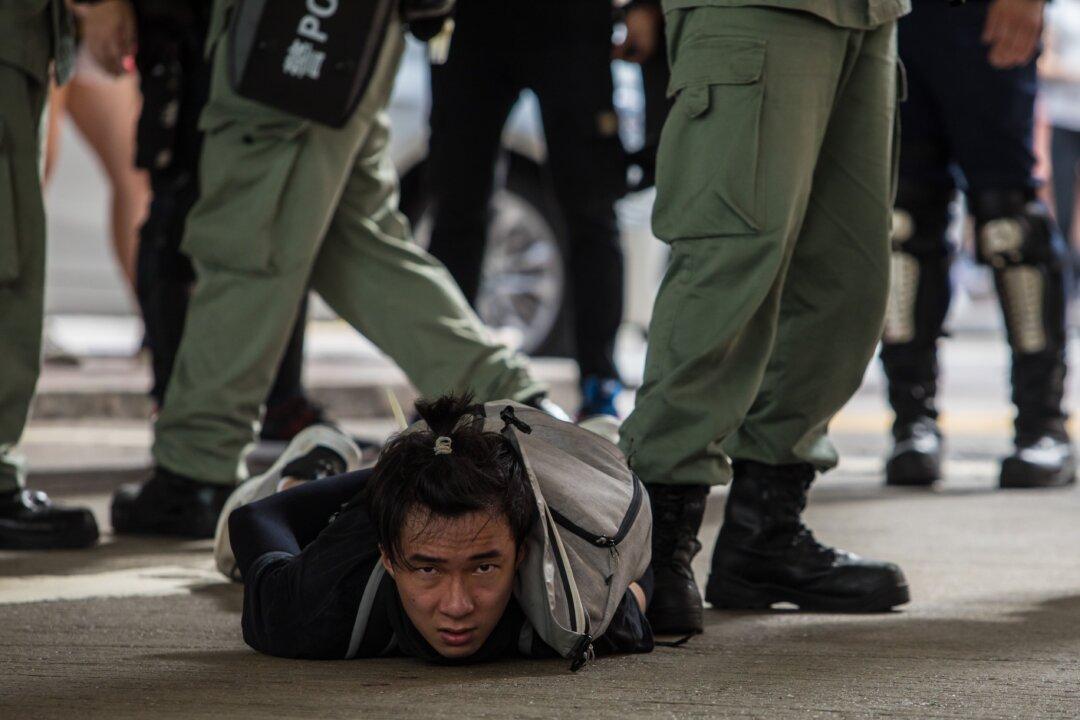Commentary
Beijing’s national security law has turned Hong Kong into a place of terror, which reminds me of a modern version of the Oscar award-winning film “The Killing Fields.”

Beijing’s national security law has turned Hong Kong into a place of terror, which reminds me of a modern version of the Oscar award-winning film “The Killing Fields.”